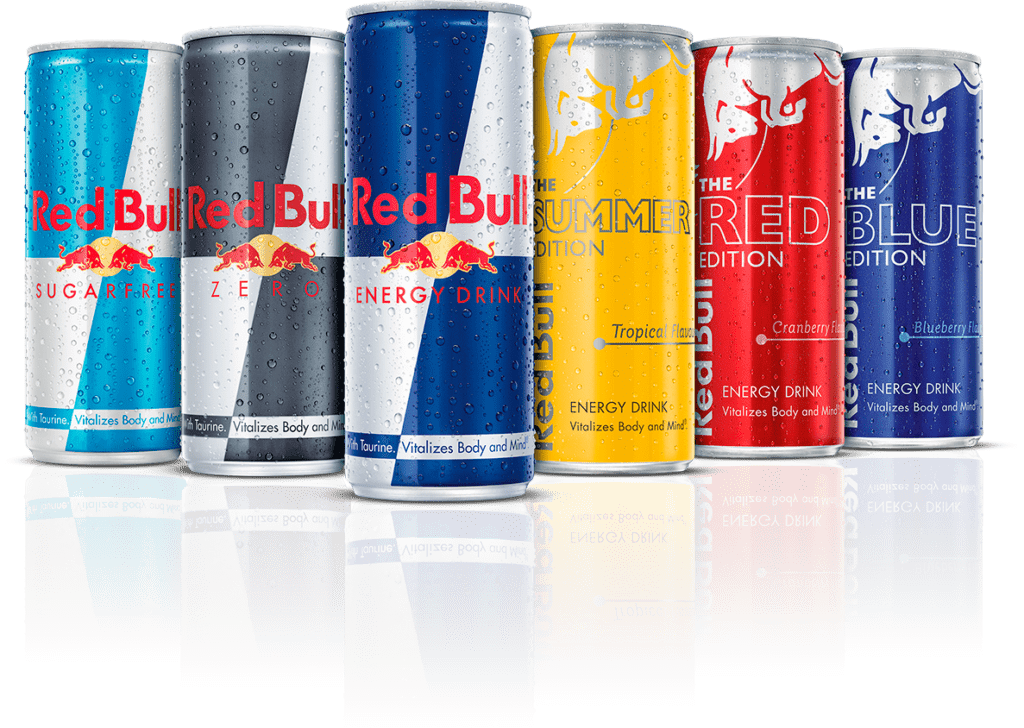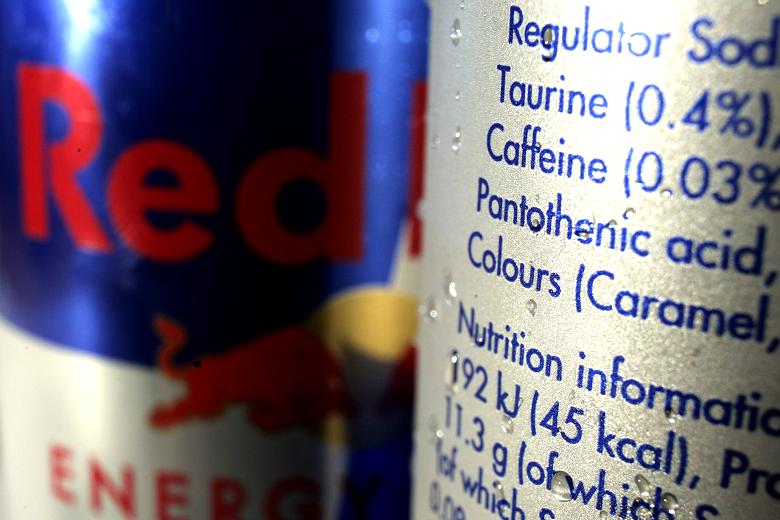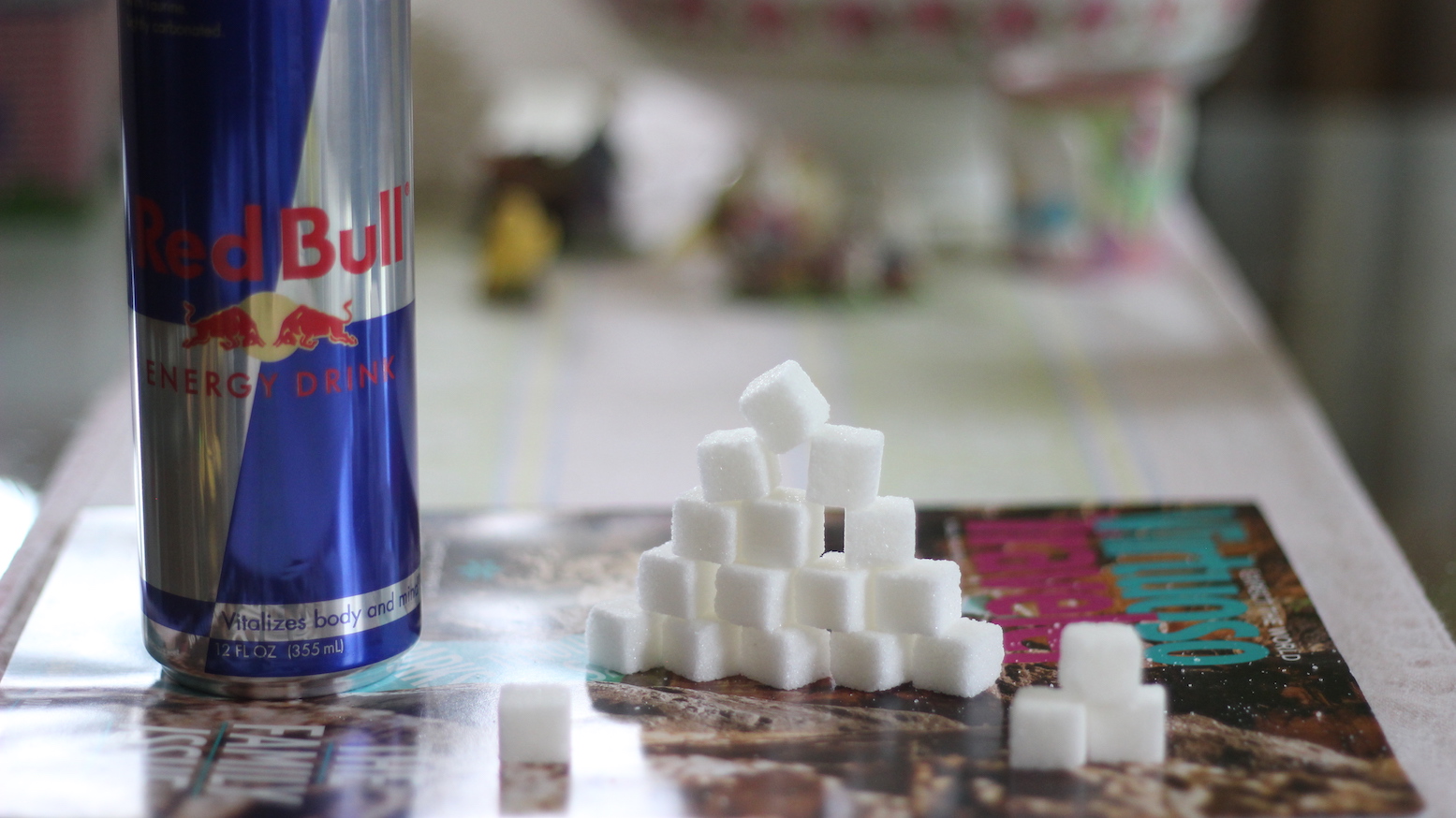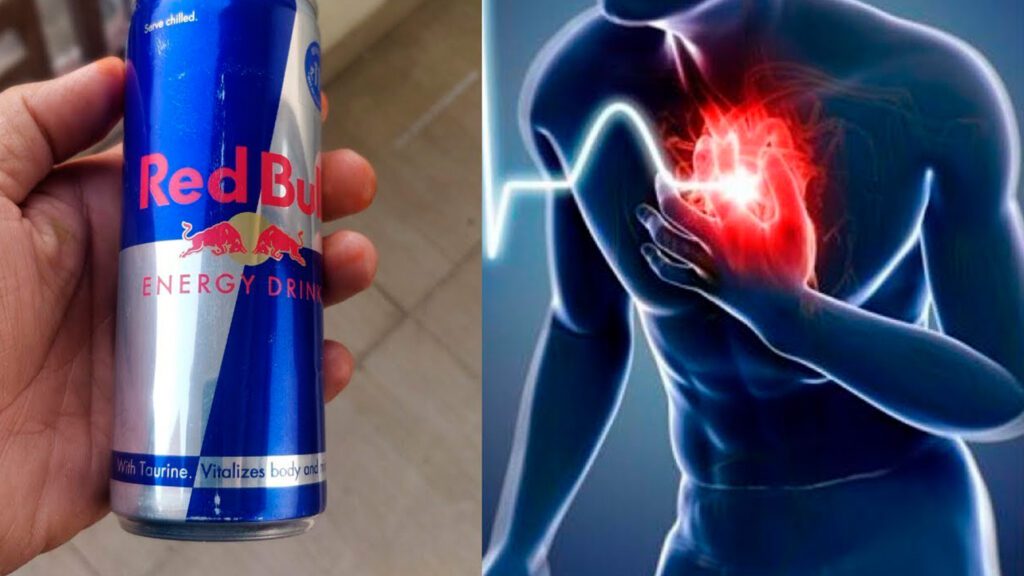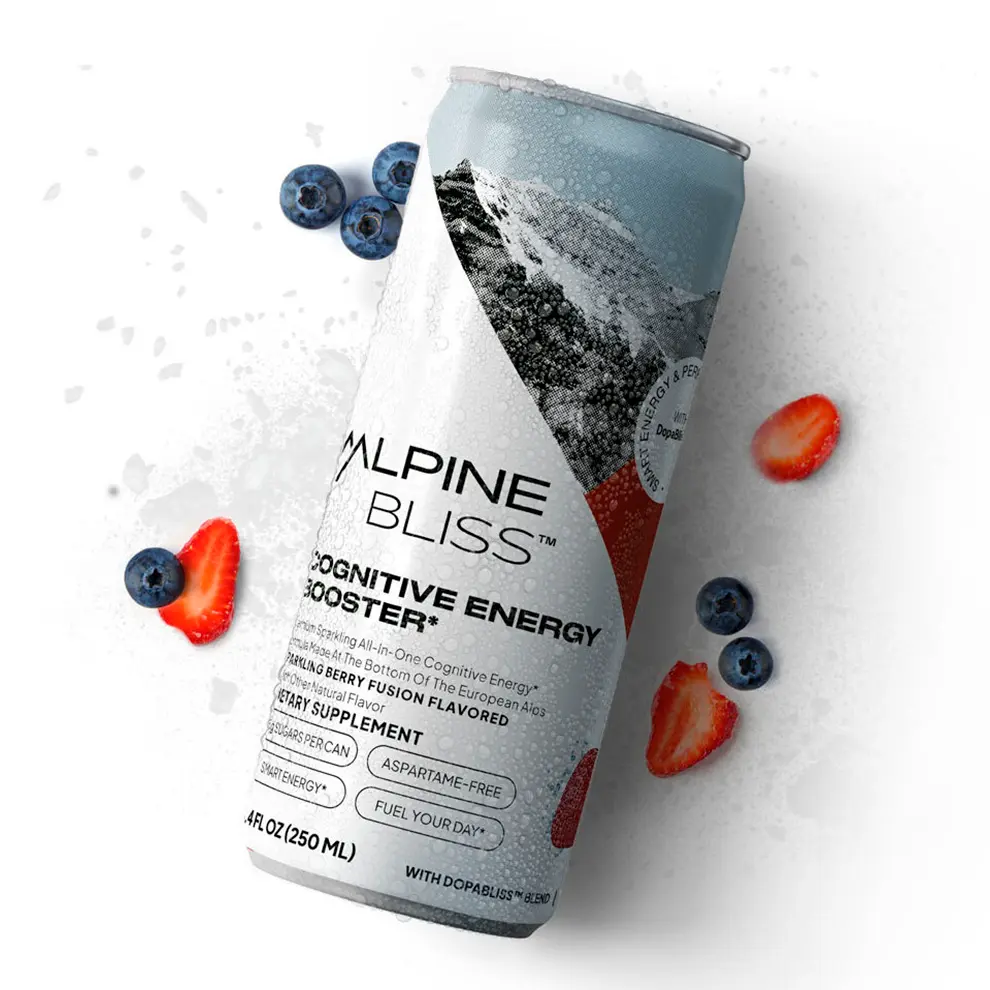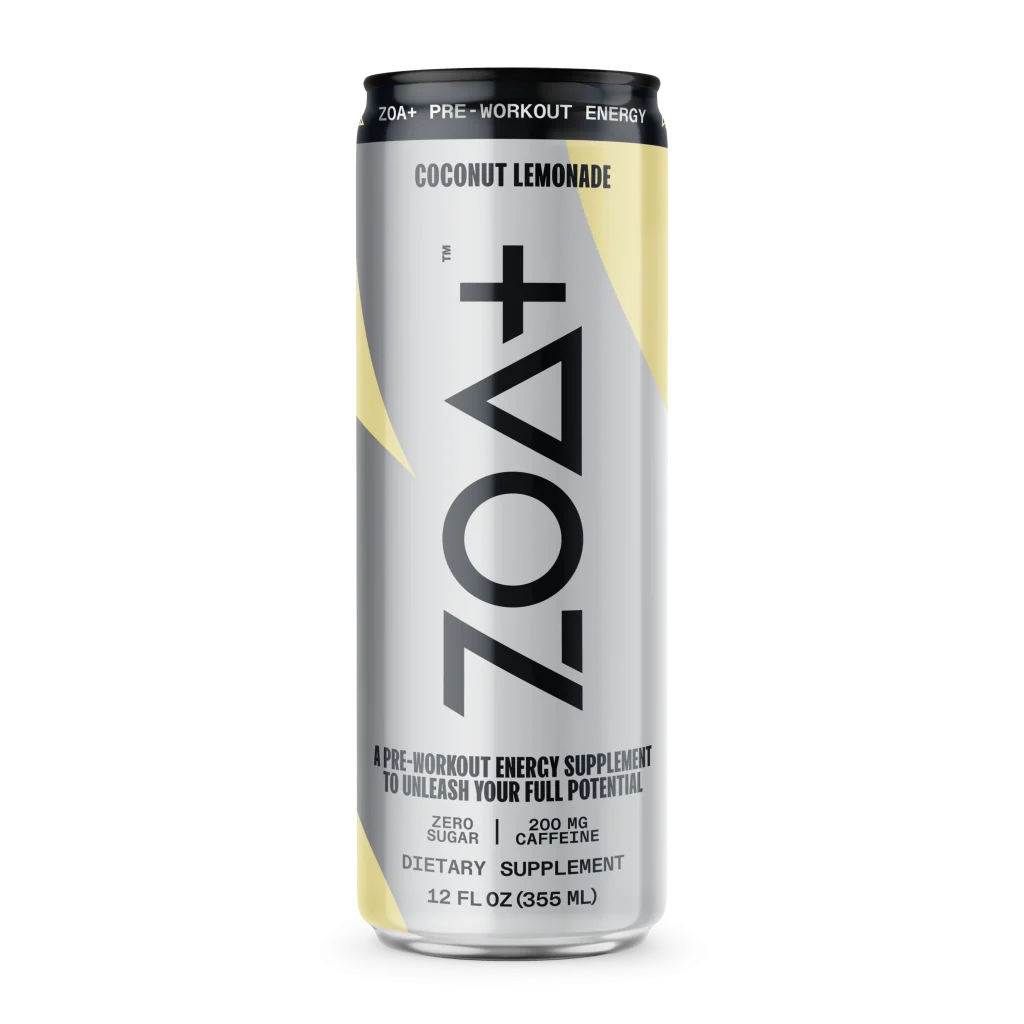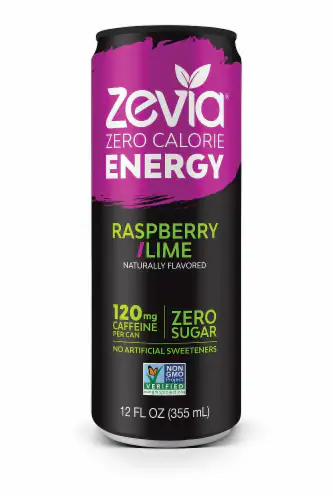Red Bull is the most popular energy drink in the world, along with Monster. Millions of people love Red Bull for its sweet taste and fast-acting energy boost. That being said, more and more people are worried about the long-term side effects this drink can cause.
Several recent studies have shown that drinking Red Bull on a frequent basis can significantly increase heart rate and cause abnormal heart rhythm, as measured by cardiac electrocardiograms. In some extreme cases, regular consumption could even lead to cardiac failures, although these instances remain rare. So what should we really think of Red Bull? Is it safe to consume in the long-term? Or should you stay away from this beverage if you care about your health?
We’ll answer all these questions in this article. We’ll discuss why Red Bull may cause unwanted side effects such as irregular heartbeat due to its ingredient composition and what health consequences it can have on you if you drink it every day. We will also present a selection of three healthier Red Bull alternatives for a strong energy boost, without the negative side effects.
Our article has been carefully reviewed by a professional nutritionist to ensure the accuracy and reliability of information. If you like Red Bull but are still on the fence when it comes to drinking it on a regular basis, this article is for you.

